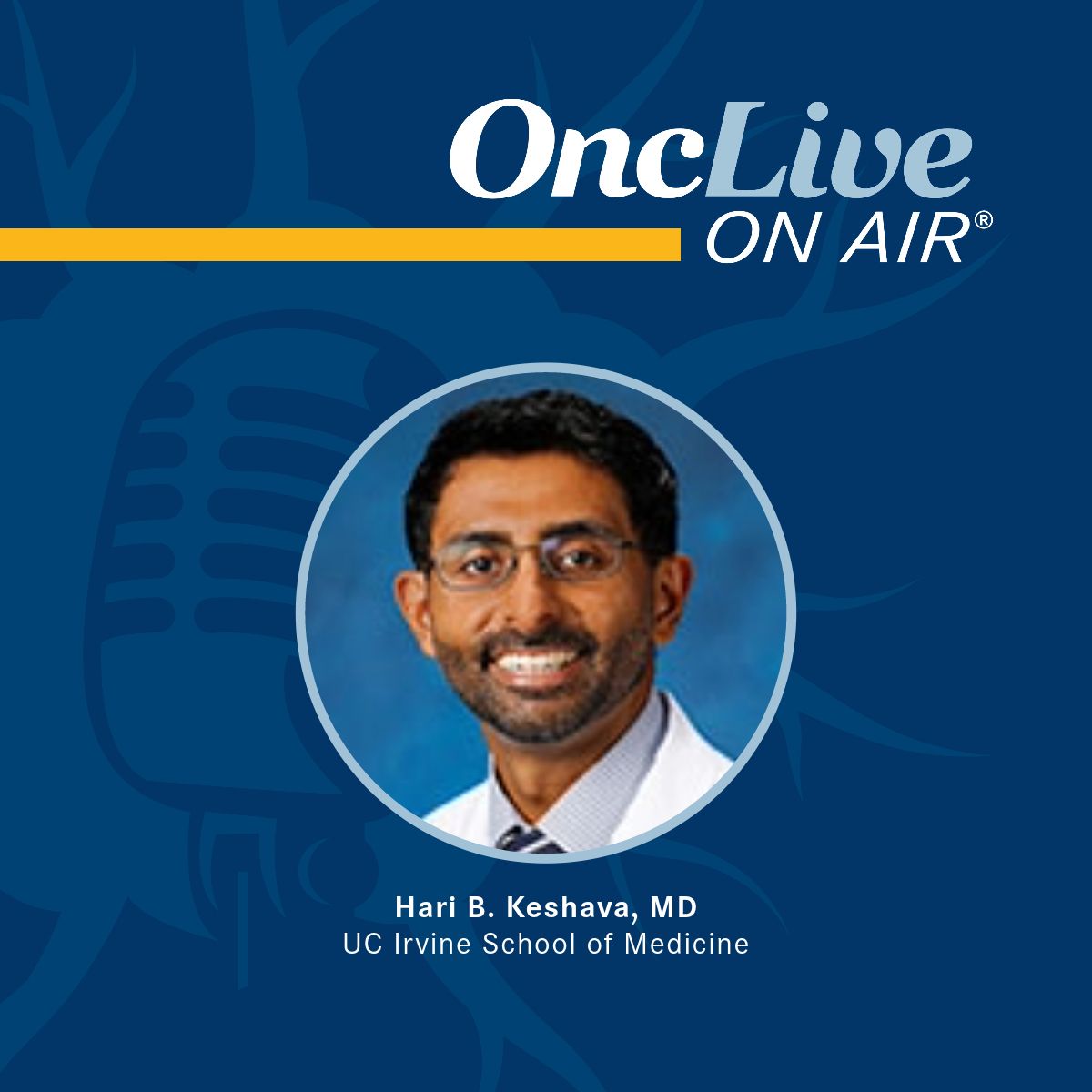Video
Dr. Bazhenova on Sequential Use of Immunotherapy and EGFR TKIs in Lung Cancer
Author(s):
Lyudmila A. Bazhenova, MD, medical oncologist, professor of clinical medicine, University of California, San Diego, discusses research that has looked at the use of EGFR TKIs after immunotherapy in patients with EGFR-mutant non–small cell lung cancer.
Lyudmila A. Bazhenova, MD, medical oncologist, professor of clinical medicine, University of California, San Diego, discusses research that has looked at the use of EGFR TKIs after immunotherapy in patients with EGFR-mutant non—small cell lung cancer.
The only data that exist now come from a retrospective, single-center study in which investigators evaluated sequencing immunotherapy and EGFR TKIs. They found that the risk of immune-related adverse events is higher if osimertinib (Tagrisso) is used within 3 months after receiving immunotherapy, explains Bazhenova. That risk decreases if the agent is used 3 to 12 months after receiving immunotherapy. The risk is nonexistent if the agent is started 1 year after completing immunotherapy.
However, the same could not be said of gefitinib (Iressa) or erlotinib (Tarceva), which is contrary to data reported from a trial led by Aaron Lisberg, MD, of Ronald Reagan UCLA Medical Center. These findings showed at least 1 case of fatal pneumonitis after the use of pembrolizumab (Keytruda). Therefore, for symptomatic patients who have to start therapy right away, chemotherapy is recommended. If the molecular test comes back and there is no evidence of an alteration, immunotherapy could be added to the third or fourth cycle of therapy, she concludes.









